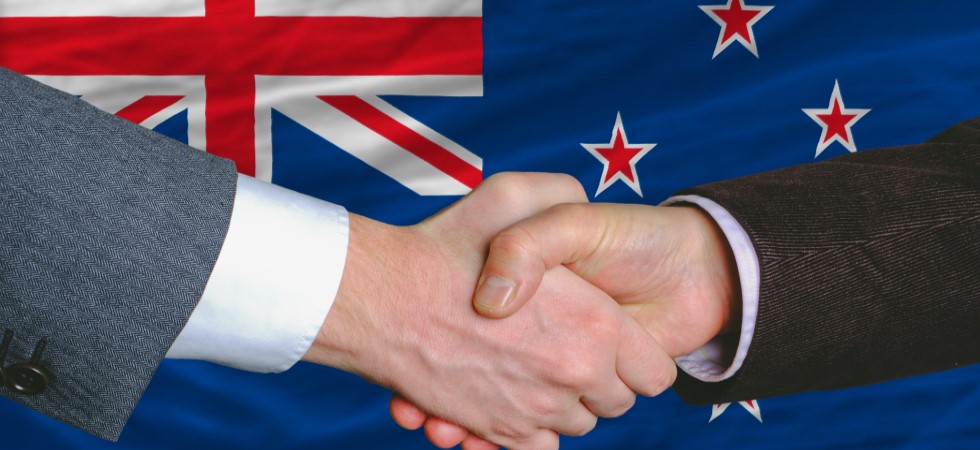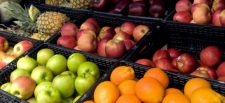Chris Southworth, director of the International Chamber of Commerce, has agreed with UK farmers that New Zealand’s latest trade deal with the EU exposed difficulties in the UK’s trading relationships with both the EU and New Zealand.
Speaking on the Farming Today programme, when asked if the UK-New Zealand trade deal left British farmers at a disadvantage compared to EU farmers, Southworth said: “If you look at the EU deal overall, I think it is fairer for EU farmers.
“They are much tighter on quotas. The UK has put a 15-year tariff framework in place, when tariffs are being phased out; then after that it is total liberalisation.”
Trading between the UK and New Zealand will be tariff free after 15 years, “and New Zealand can export as much meat into the UK market as possible,” added Southworth.
He went onto say that the terms of the EU’s latest trade deal with New Zealand were quite different to that agreed between New Zealand and the UK.
He said: “If you compare [the UK deal] against the EU, it’s quite interesting; because they have a phasing [period] of seven years to reduce tariffs, followed by a cap on those tariffs. What that means for beef trade, for instance, is that you end up at a place where it’s 0.16% total production per head, which is 10,000 tons of beef going into the EU from New Zealand. Whereas at the end of 15 years, it is 6.7% in the UK, and then total liberalisation.”
Southworth claimed that the UK sheep industry would be worse off than the beef sector as a result of the UK-New Zealand trade deal. He said that import volumes on sheep meat from New Zealand to the UK could be “40 times higher per head”, followed again by total liberalisation of tariffs after the agreed 15-year period.
Increased competition for cheese
Concerns about increased competition in the cheese market as a result of the UK’s trading relationship with the EU were also raised in the discussion. Southworth said that it was “a question of fairness” as to whether the current EU-UK trade agreement was fit for purpose.
He said: “UK farmers are trading into the EU, but working under much tougher conditions than EU farmers.”
Southworth explained that he has questioned whether, when negotiations between the UK and EU started, that the UK’s approach to securing a trade agreement had been about “speed over quality of deal.” He said: “The UK is prone to doing trade deals too fast, and not spending enough time on quality and outcomes.”
He added that a “conscience decisions [has been] made, where unfortunately the pain is felt more by farmers, whereas the gains in the deal are in other parts of the economy.”









